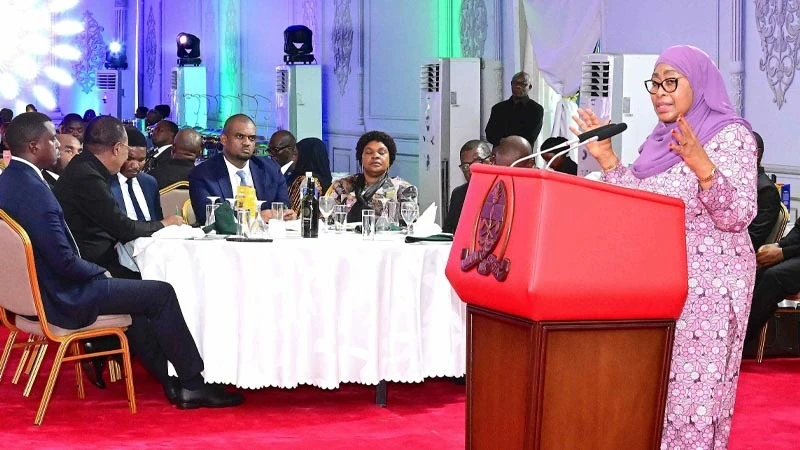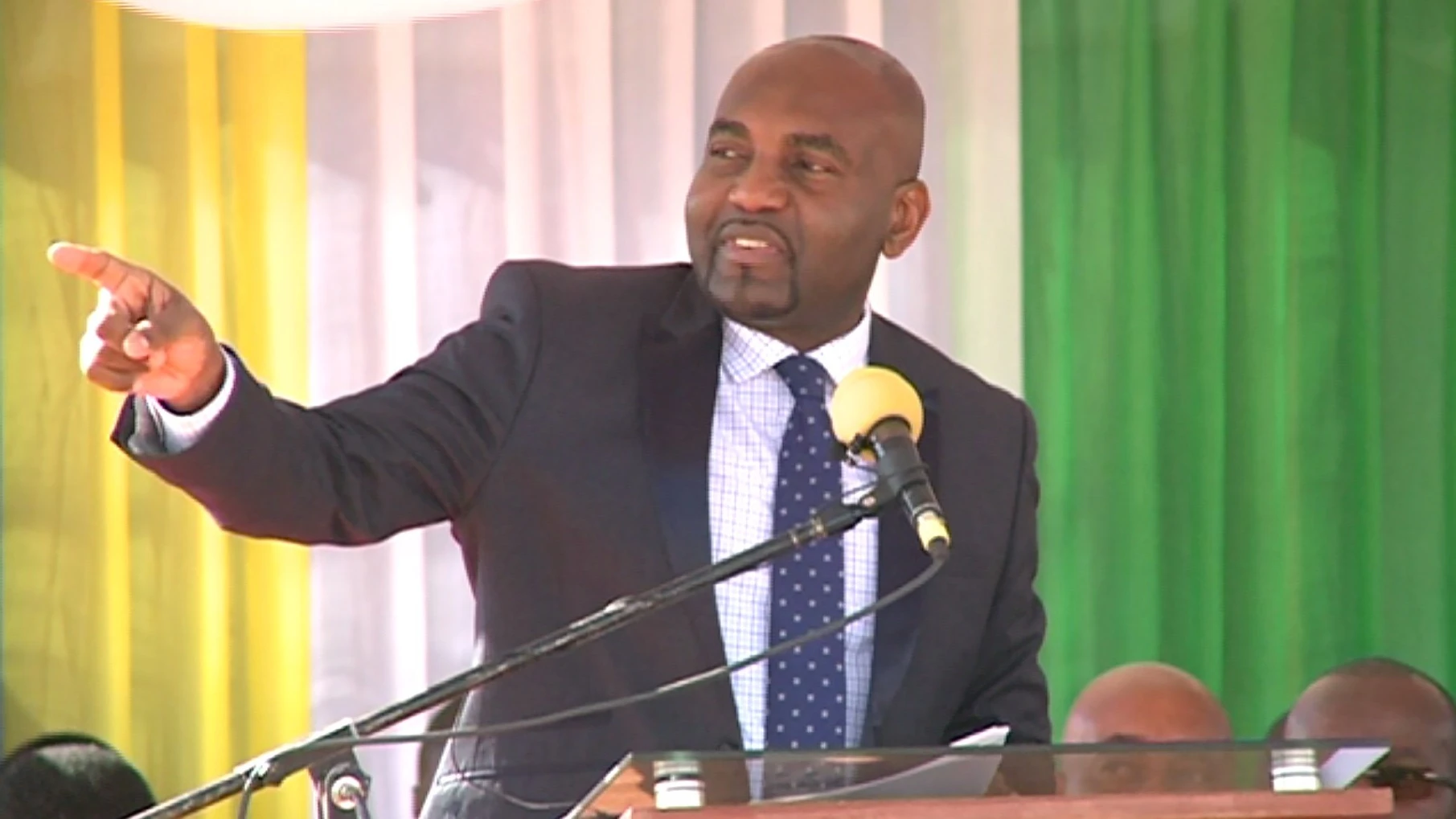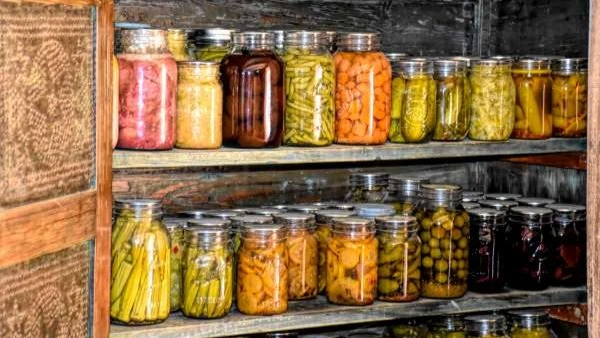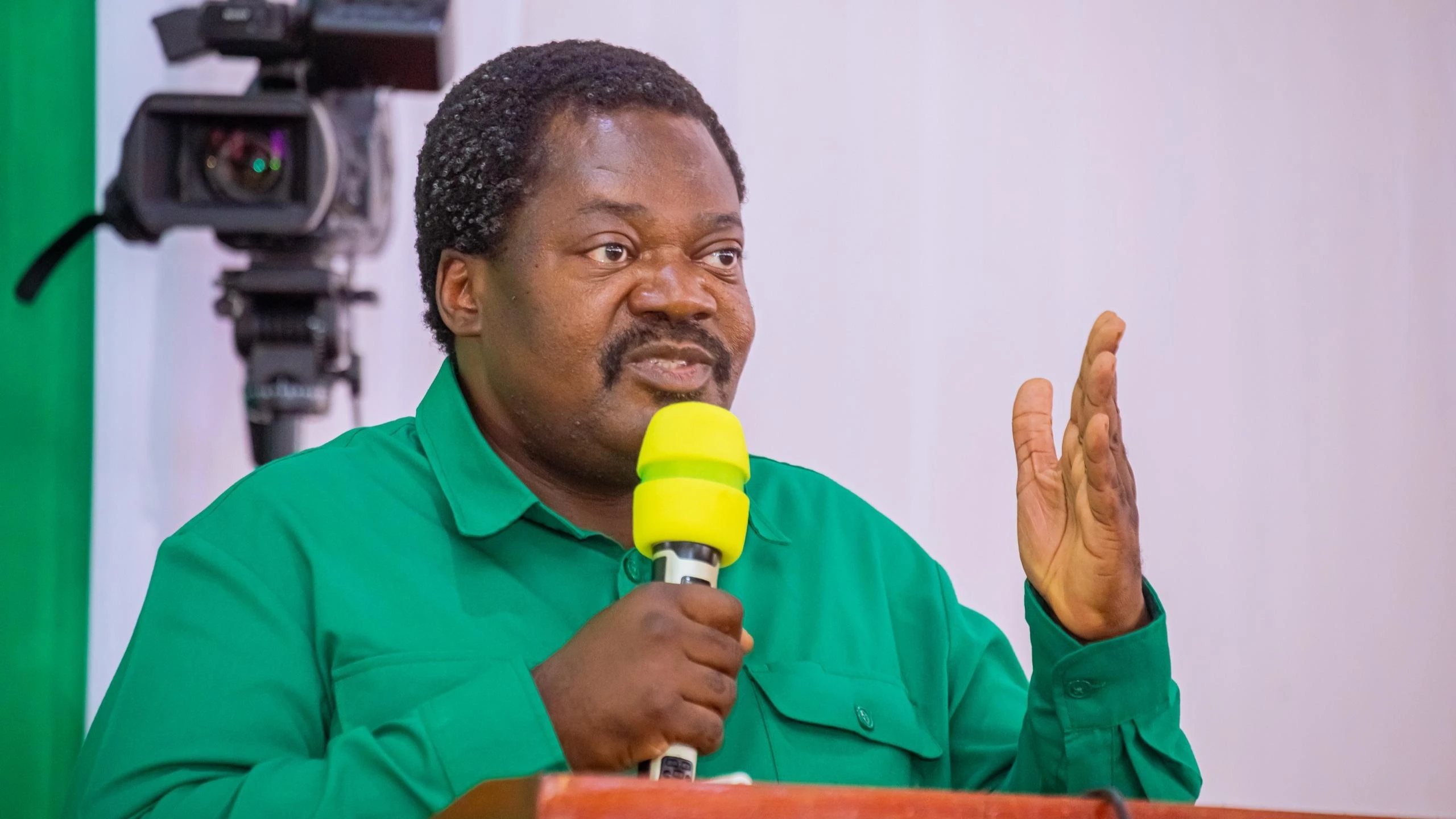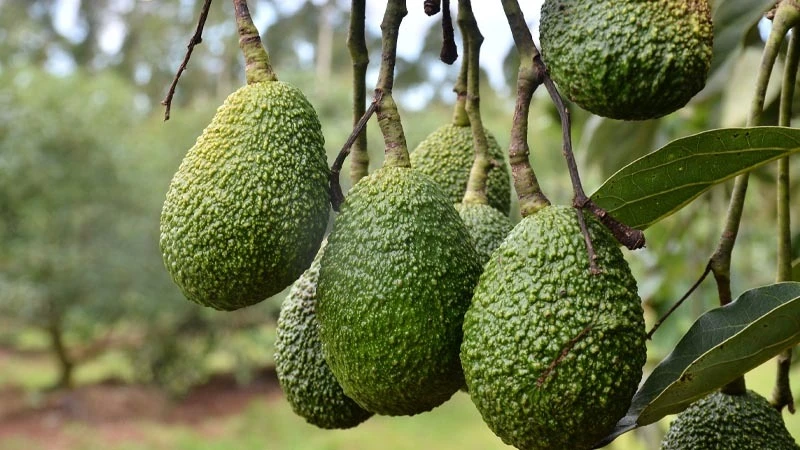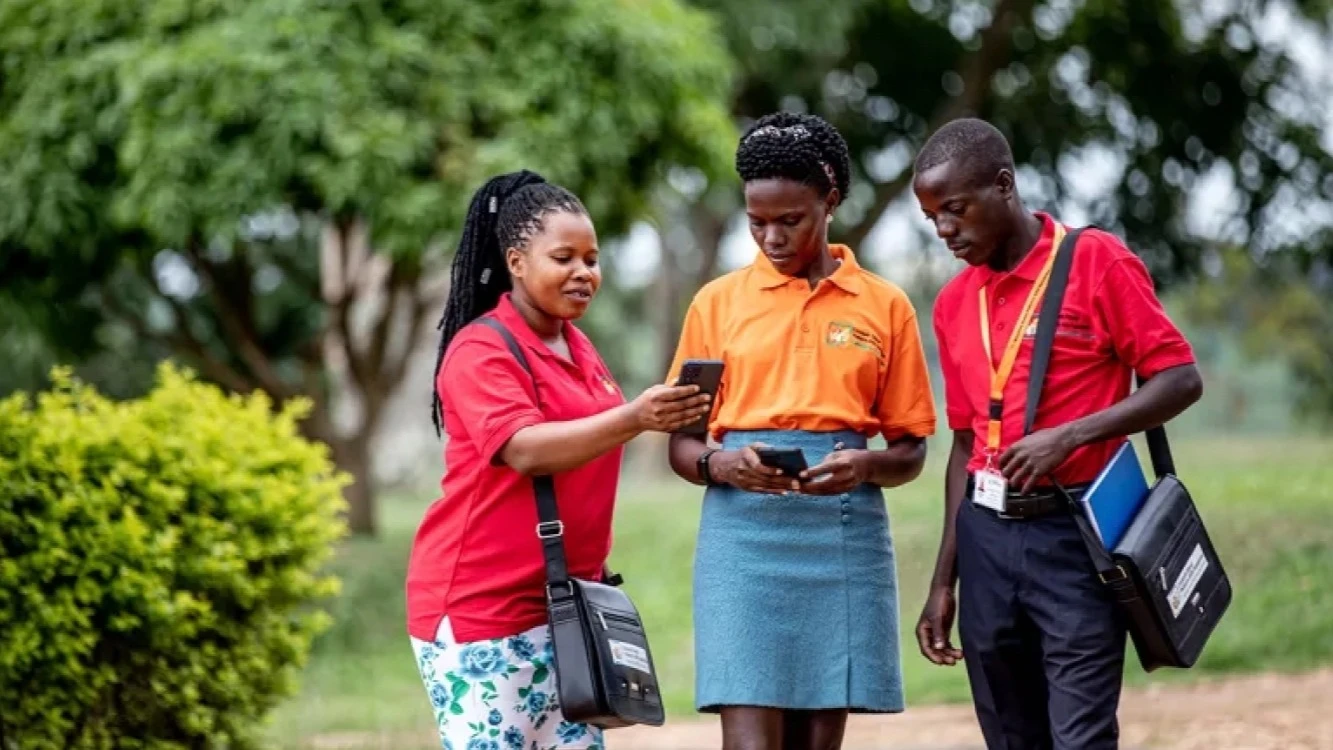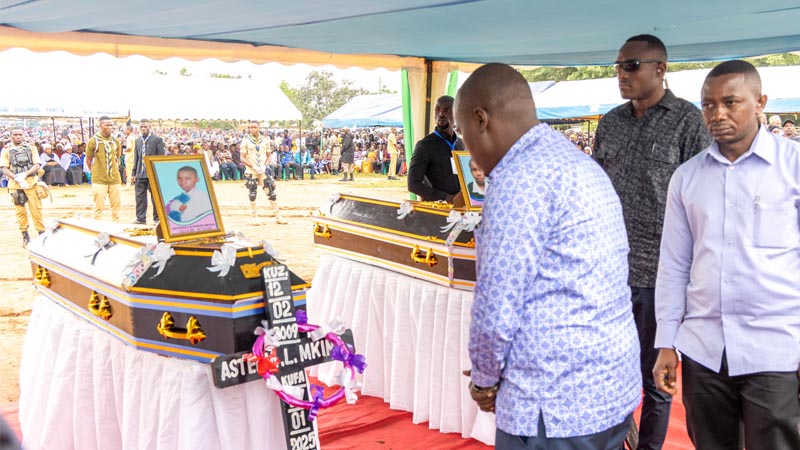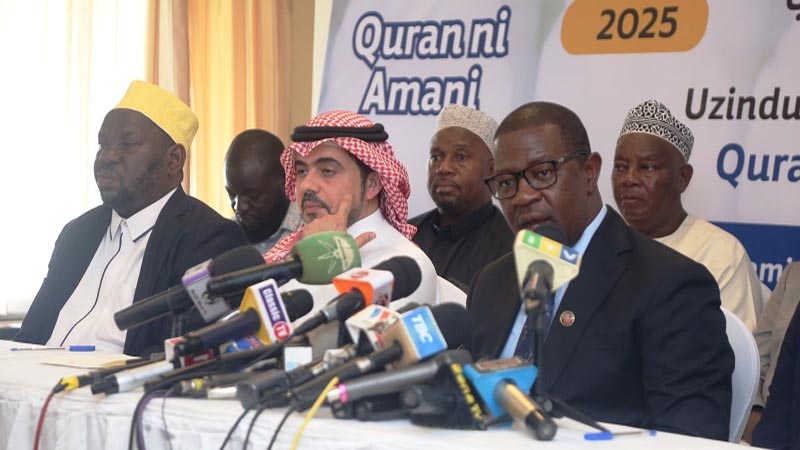Stakeholders complement govt efforts in equipping women on land ownership
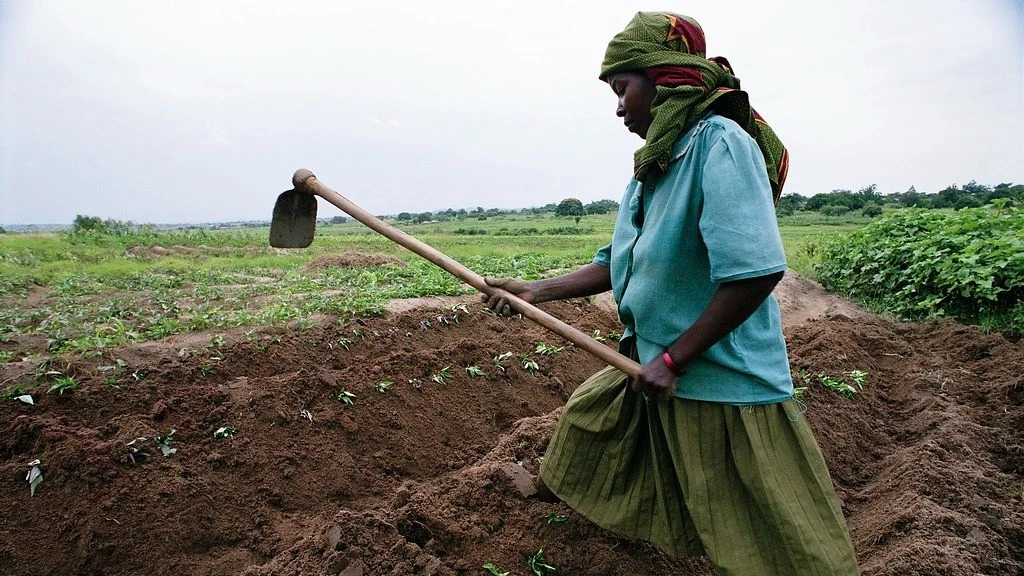
ATTITUDE and behavior change among communities are aspects that must be observed by the government and nongovernmental organizations if equality to land ownership for women is to be realized.
Khadija Mrisho, Land Tenure Specialist and Lead of the Stand for Her Land campaign at LANDESA, made the recommendation at a stakeholders meeting held recently in Morogoro town.
According to her, the change of attitude and behavior among community members towards women land ownership rights is of key importance if empowerment of women in sustainable development is to be achieved.
She said the non-profit organization enrolled the campaign in 2019 with a mission of closing the gap between law and practice for more women to realize their land rights.
“The campaign aligns with the sustainable development goal *SDG5 and SDG 1 on women welfare and empowerment socially and economically.” said Khadija.
She asserted that in Africa, the campaign is being run in Tanzania, Uganda, Senegal and Ethiopia. In Tanzania, the campaign is implemented by the Stand For Her Land Coalition (S4HL Coalition) with 36 members, coordinated by LANDESA and chaired by Tanzania Women’s Lawyers Association (TAWLA).
She asserted that the campaign is being run in collaboration with the 36 member organizations at the village level to fast track women land rights at the grassroots level.
The campaign, she said, currently covers ten district councils namely Kilwa, Monduli, Gairo, Kisarawe, Arumeru, Lindi rural, Mufindi, Kilosa, Ifakara and Mkuranga.
At the meeting which was called for the member organizations to shed insights in the implementation of the campaign for the first half of this year, Khadija said the campaign apart from promoting implementation of progressive laws that guarantee women’s land rights, it targets at advancement of grassroots women’s agencies, voices and leadership in land governance bodies and climate action projects.
Speaking at the meeting, member organizations shared the progress in realizing land ownership for women and related setbacks.
Juma Masisi, WAMEDA Executive Director, said that the Kagera based organization has been implementing the campaign in Karagwe and Kyerwa districts.
Through the Women empowerment and Food Security Project, the organization aligns the project with the stand for her land campaign by sensitizing communities on the rights to women land ownership.
The organization has reached 402 women with training on land ownership and heritage related issues.
“Women are capable of capitalizing on every opportunity that comes their way as long as they are given a chance to do so. Behavior change should be not only for the men but also women,” he said.
According to him, women who lose their husbands face harassment from their late husbands’ relatives on inheriting properties and the harassment mostly comes from female relatives which shouldn’t be the case.
Judith Likindikoki, Project Officer, Tanzania Natural Resource Forum said that through the LANDESA financed campaign, the organization is sensitizing communities on women’s rights to land ownership in Kilwa district of Lindi region particularly in the villages of Nainokwe, Liwiti, Mavuji and Migeregere.
She said the organization has been organizing public debates on women land rights alongside district multi stakeholders’ forums that involve government officials at the district and village levels.
Selemani Bishagazi, Director Sauti ya Jamii said that the organization has sensitized communities in Hai district in Kilimanjaro region and in Ilala district in Dar es Salam.
“We have helped communities to prepare questionnaires for the forthcoming local government elections on issues related to omen land ownership where contestants will be required to explain based on their political parties manifestos how they will address the issue,” said Bishagazi.
Godwin Assenga, TAMWA ICT and Programme Officer said that the organization has learned that there is overwhelming fear among men in some societies regarding women land ownership.
He said that in some communities in Lindi region are being married with an intention of acquiring land from men they marry to and after achieving their mission,
They sought divorce and went on to marry other men for the same purpose. The scenario scares aware men from engaging women in land ownership matters,” said Assenga.
Flavian Ngeni, Programme Manager Habitat for Humanity Tanzania, said that the organization is all about working with communities in building houses and hope for self-reliance.
The organization empowers women with skills to become builders and employ them as masons for housing projects. For the past eight months, the organization has built 19 residential houses.
Tumaini Setumbi, Community Development Officer, Ministry of Lands, Housing and Human Settlements Development said that the government has been supporting women land ownership campaigns through its Land Tenure Improvement Project (LTIP)
According to her, the project targets increasing women land ownership to 41 percent come 2027 from the current 25 percent.
“The project has as of March this year reached 541,593 people with sensitization on women land ownership rights,
The World Bank funded project at a tune of 346bn/ is being implemented with observation of women land rights in the preparation of the National Development Vision 2050,” said Setumbi.
John Mapunda, Senior Community Development Officer, Ministry of Community Development, Gender, Women and Special Group, said that the ministry is implementing the Generative Equality Forum programme for women to have easy access to land ownership.
He said the ministry has facilitated the endorsement of the National Gender and Development Policy 2023 which emphasizes on empowering women economically and socially.
“Women land ownership is one of the ministry’s priorities and we have been sensitizing communities on this matter since establishment of the ministry two years ago,” said Mapunda.
The African Union’s Agenda 2063 gives special importance to securing women’s land rights as a critical area for action in eradicating poverty and reducing gender equality gaps.
According to the research find[1]ings dubbed ‘Women’s Access to Land in Tanzania: The Case of the Makete District 2017’ by Kerbina Moyo from the Department of Real Estate and Construction Management, School of Architecture and Built Environment Stockholm, states that within households, men occupy about 47 percent of the land.
Mixed ownership reaches almost 37 percent, while women occupy a small portion which is 16 percent of the family land in Tanzania. It states that customary land tenure accounts for 97 percent of land in the Makete district while general land tenure forms three percent.
Makete district in particular, the study found that 63 women, an equivalent of 56 percent of the interviewed in Bulongwa, Lupalilo, and Mwakauta villages had acquired land through inheritance in the form of either family or clan land.
Purchase of land ranked second with about 30 respondents (27 percent), allocation by friends took third position with eight respondents (seven percent).
Allocation by friends or relatives and leasing of land accounted for three percent each from three inter[1]viewed respondents. “Allocation by village leaders formed four percent with five respondents,” reads the survey report.
On the other hand, a surge of 57 percent of Tanzanians does not legally own the land they live on, according to findings of the FinScope Tanzania 2023 Survey by the Financial Sector Deepening Trust (FSDT).
The findings of the survey conducted in an interval of six years dubbed ‘Insights that drive innovation’ shows that in 2017 an estimated 56 percent of Tanzanians didn’t own the land they lived on.
According to data in the survey’s report released last Monday, 37 per[1]cent of interviewed respondents said that they personally own the land they live on. In 2017, 30 percent of respondents said that they personally own the land they lived on.
Of the total respondents, from a sample of 10,005 aged 16 years and above conducted across 667 enumeration areas (EA) with 15 interviews per EA, shows that only six percent of Tanzanians own the land with someone else.
In 2017, 15 percent of Tanzanians own the land with someone else. The report states that ownership of land, and more so proof of land ownership, continues to be one of the key forms of collateral for formal financing and borrowing, in particular with banks. .
It emphasizes that holding proof of ownership of land is heavily linked to the likelihood of being provided with a line of credit from larger financial service providers.
Top Headlines
© 2025 IPPMEDIA.COM. ALL RIGHTS RESERVED











